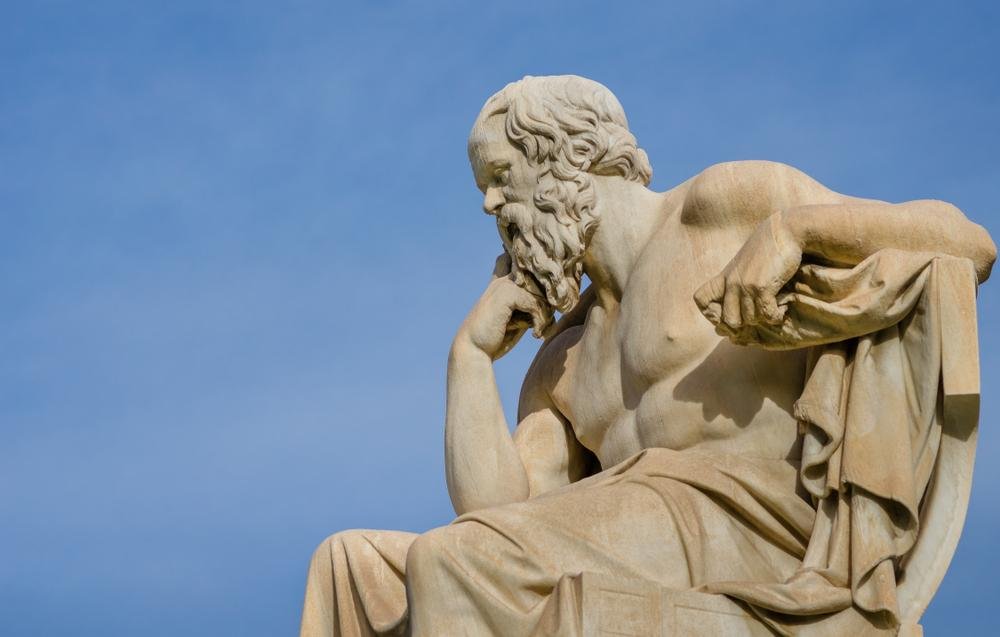*This text was written by a TecMundo columnist; finally learn more.
In general, if we ask different people to name the great scientists in history, it is quite common and expected to hear the names of Isaac Newton, Albert Einstein, Charles Darwin, Stephen Hawking, among others. And what these scientists all have in common is that they were born in Europe.
At the moment, the scenario of the most important scientists is quite spread all over the world, but from this we can ask ourselves what are the “advantages” that Europeans have, so to speak, that have made the most famous scientists to date. one continent
The obvious answer to such a question is historical context. That is, the European countries we know today are direct descendants of empires that dominated different peoples around the world (we now have other types of empires). This domination has brought the Europeans into contact with everything that these peoples have produced culturally and therefore scientifically.
The accumulation and appreciation of the most diverse types of knowledge by a population, and the freedom of such people to invest in long journeys that often do not yield immediate results, are just some of the essential factors for scientific production to take place. stimulated in a particular society.
In the case of Europe, such factors were extremely favorable during the period known as the Renaissance, and they still directly affect us when we think of European names as the “greatest” in Science. However, for such a favorable scientific context to exist, many other things must be harmonized in the social context. In the example of the European Renaissance, such was the knowledge produced during the Islamic Golden Age.
While Europe was experiencing the so-called Middle Ages (known to some as the Dark Ages), the Islamic empire was at its peak. With the very generous financial incentives of the government and the opening of the empire that gave free access to many other cultures, the scientific development produced during this period was one of the greatest in human history.
Islamic scholars of that time made significant contributions to various fields of human knowledge. One of the proofs of the importance of this period in the history of science is the presence of the Arabic prefix “al-” in words such as algebra, algorithm and alchemy. But of all the contributions Islam has made to science, perhaps the greatest is the development of the so-called Scientific Method.
The Scientific Method can be understood as an error correction mechanism used to prevent careless or biased thinking among scientists about a particular topic. This way of thinking about nature and society has been used in different ways by scientists around the world to this day in their search for knowledge.
The understanding of this way of thinking owes to the study of the properties of light conducted by Ibn al-Haytham. This Islamic physicist, known as the “first true scientist”, supported his claims with experiments and logical arguments that anyone could repeat. Without these two things, he argued, “searching for the truth” would not even be possible, which Science proposes to do.
Without Al-Haytham’s thought, no later scientist could have formulated his famous theories. Among other reasons, the current social status of science is due to the fact that scientific knowledge bases its propositions on logical arguments that are completely verifiable for anyone who wishes. If a scientific statement is proven to be false or inconsistent with the truth of nature or a society, that statement needs to be reviewed and reformulated in a process pre-provided by the Scientific Method.
Science is a typical human endeavor and has made various contributions throughout our history. European influence is quite present in our current society, but in Science, as in other fields, it is always essential to value and understand the reasons why we are where we are. Social context is crucial for science to continue to evolve and be valued. And it is important to emphasize that it is up to each of us to produce such a favorable context.
Rodolfo Lima Barros SouzaProfessor of Physics and columnist Technology World. He holds a master’s degree in Physics and Science and Mathematics Teaching in Public Perception of Science from Unicamp. Available on social networks as @rodolfo.sou.
Source: Tec Mundo
I am Bret Jackson, a professional journalist and author for Gadget Onus, where I specialize in writing about the gaming industry. With over 6 years of experience in my field, I have built up an extensive portfolio that ranges from reviews to interviews with top figures within the industry. My work has been featured on various news sites, providing readers with insightful analysis regarding the current state of gaming culture.












